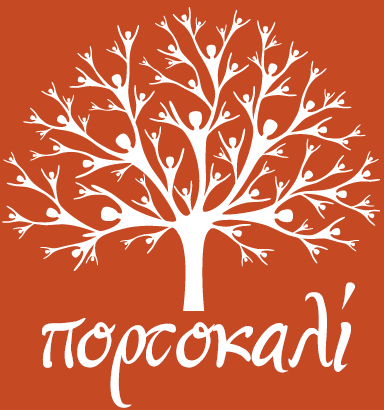Dilek Öcalan, niece of jailed PKK founder Abdullah Öcalan, among 96 women who won seats in Grand National Assembly

Dilek Öcalan, niece of Abdullah Öcalan, the jailed founder of the Kurdistan Workers’ party (PKK), is one of a record number of female MPs entering the Turkish parliament.
A total of 96 women won seats in Turkey’s Grand National Assembly in Sunday’s elections, bringing the proportion of female deputies to a historic high of 17%, compared with 14% after the 2011 elections.
Abdullah Öcalan is serving a life sentence for his role as one of the founders of the Kurdish separatist PKK, which in the 1980s was involved in armed conflict in which an estimated 40,000 people died.
Dilek Öcalan, 28, of the pro-Kurdish Peoples’ Democratic party (HDP), was elected in Şanlıurfa, in the country’s south near the Syrian border. The result there is illustrative of how the HDP cut into the vote of the ruling Justice and Development party (AKP) in Kurdish regions. In 2011 the AKP won 10 of the available 12 seats in Şanlıurfa; this year it won seven, with the HDP picking up the remaining five.
The HDP is the first pro-Kurdish party to achieve more than 10% of the national vote, the threshold for parliamentary representation. It won 80 seats while theAKP failed to amass the 276 required to form a majority government.
The HDP campaigned on leftwing issues such as raising the minimum wage and improving access to university education, and on a platform of gender equality, promising to create a ministry of women and make International Women’s Day a national holiday.
The party has male and female co-chairs and a near-50% quota for female candidates and 10% quota for LGBT candidates. It charges women half as much as men to stand as candidates. Such policies are yielding results: 268 of the HDP’s 550 candidates were women, and 31 (39%) of its 80 elected MPs.
Along with Öcalan, the party’s female MPs include Leyla Zana, a Kurdish politician who spent 10 years in jail after she was deemed to be “against the unity of the country” because of her political activism. Zana was first elected in 1991, becoming the first Kurdish woman to win a seat in the Grand National Assembly, and caused controversy by speaking in Kurdish at her swearing-in. At the time it was illegal to speak Kurdish in public places, and until that year it had been illegal to speak Kurdish even in private.
Another notable election winner is Şafak Pavey, of the Republican People’s party (CHP), who retained her seat in Istanbul. Pavey worked as a journalist and then for the United Nations before embarking on her political career. She lost her left arm and left leg in a train accident in Switzerland when she was 20 and was the first disabled woman to be elected to the Turkish parliament.
Almost all the parties increased their proportion of female MPs at this election. The CHP, the main opposition party with 25% of the vote, now has 20 female MPs out of its total of 132 (15%), up from 19 out of 135 (14%) at the last election.
The ruling AKP has 41 female MPs, down from 46 in 2011 but an improvement from 14% to 16% of its total. Only the Nationalist Movement party (MHP) saw a proportional decrease, from three out of 53 in 2011 to four out of 80 this time.
